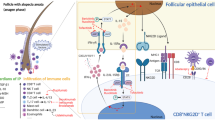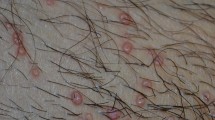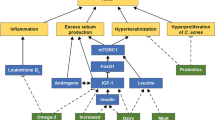Abstract
The management of mucositis is the subject of many controversies, and the optimal treatment is still not known. Several evaluation scoring systems have been described, but no one of these is appropriate to all clinical situations: a simple scale such as that devised by the WHO can be used routinely, and more sophisticated ones can be implemented by trained experimenters working in research. We have considered the impact of each of the treatments currently available on each stage of mucositis. In attempts at prevention, self-care, in the sense of oral hygiene, must remain atraumatic. It is probably advisable to differentiate patients with good previous oral care, in whom tooth brushing is beneficial, from others, in whom the risk of hemorrhage and infection excludes any brushing. Before the dosage of chemotherapy is reduced, the curative or palliative intent of the strategy must be carefully evaluated. In the vascular phase protection of the proliferating cells is attempted by means of vasoconstriction (cryotherapy), cytoprotection (prostaglandin E2 and other antioxidants) or epithelial cell-inhibiting factors such as TGF-B3. Treatments applied in the epithelial phase are directed at increasing the cell proliferation to accelerate epithelial restoration by sucralfate and several growth factors: hematopoietic GF, which has demonstrated a direct effect on the mucosa (GM-CSF), or epithelial growth factors such as keratinocyte GF. In the ulcerative and bacteriological phase attempts are made to attenuate sepsis by means of antiseptics (chlorhexidine), amphotericin B and antiviral agents or antibiotic lozenges. In the healing phase application of the low-energy helium–neon laser has demonstrably been followed by a later time of onset, less pronounced peak severity and shorter duration of oral mucositis. After cancer treatment, oral hygiene, inhibition of oral flora, and pain relief are the main goals. Physiopathogen-specific treatment is the next step, with the emphasis on the inhibition of epithelial cell proliferation during drug exposure and facilitation of epithelial maturation and healing.
Similar content being viewed by others
Author information
Authors and Affiliations
Additional information
Published online: 13 December 1999
Rights and permissions
About this article
Cite this article
Biron, P., Sebban, C., Gourmet, R. et al. Research controversies in management of oral mucositis. Support Care Cancer 8, 68–71 (2000). https://doi.org/10.1007/s005200050015
Issue Date:
DOI: https://doi.org/10.1007/s005200050015




